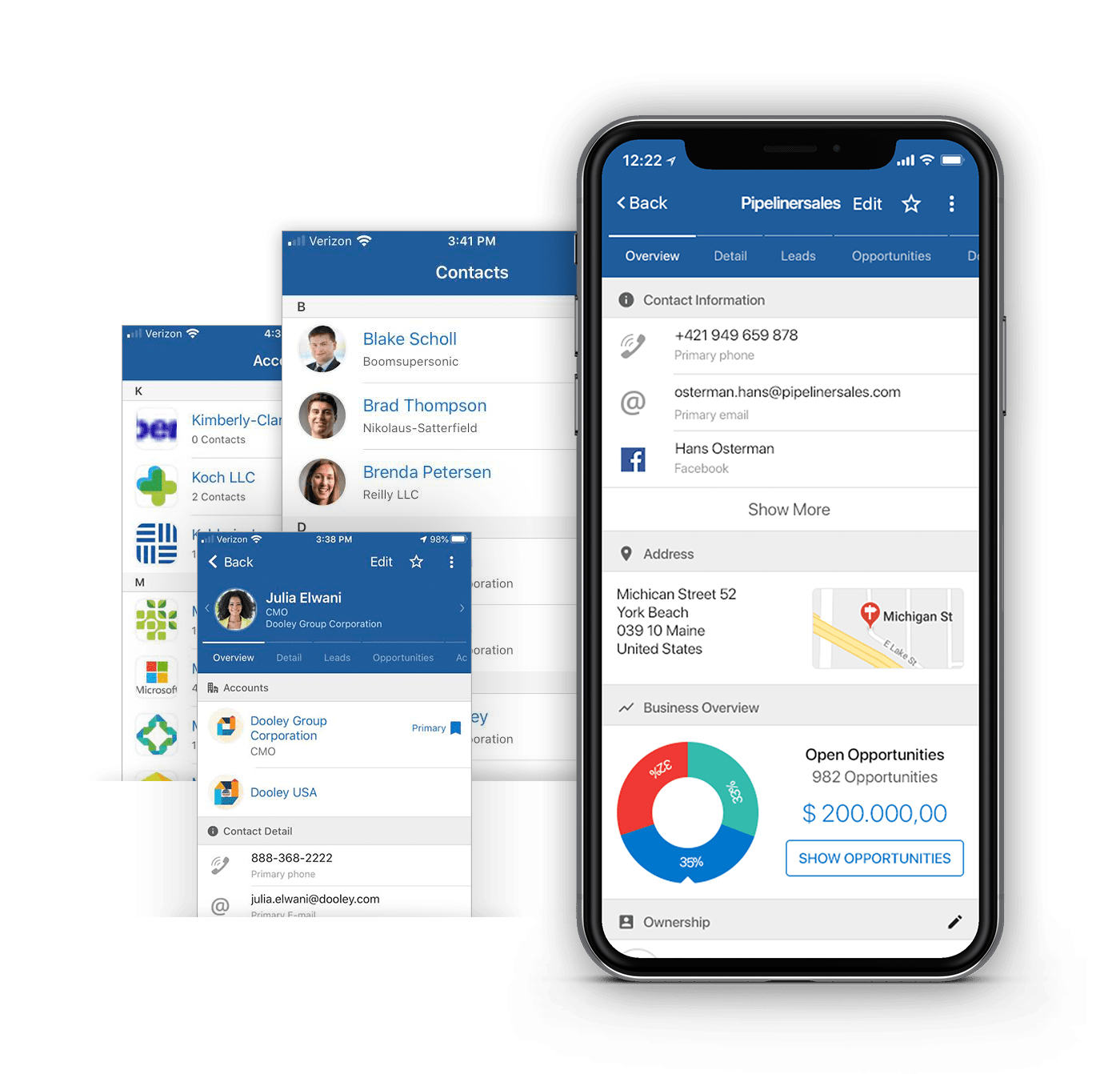Mobile CRM Market Challenges: Navigating Roadblocks in the Digital Customer Era
The increasing demand for real-time data access, remote operations, and enhanced customer relationship management has driven the growth of Mobile Customer Relationship Management (CRM) systems. As businesses continue to digitize and prioritize mobility, mobile CRM platforms have become essential tools in driving sales performance, improving client interactions, and maximizing customer satisfaction. However, despite the upward trajectory of the mobile CRM market, several challenges continue to hinder widespread adoption and optimal performance.
This article explores the key challenges facing the mobile CRM market and the implications for businesses, developers, and stakeholders.

1. Data Security and Privacy Concerns
One of the most pressing issues in the mobile CRM market is data security. As mobile CRM solutions are accessed through smartphones, tablets, and other portable devices, they are vulnerable to breaches, theft, or unauthorized access. The sensitivity of customer data stored in these systems—including contact information, purchase history, financial details, and more—makes them prime targets for cyberattacks.
Companies must invest in robust security protocols like encryption, two-factor authentication, and mobile device management (MDM) solutions to protect data. However, implementing these measures can be expensive and technically demanding, particularly for small and mid-sized enterprises (SMEs). Furthermore, data privacy regulations such as GDPR and CCPA impose strict requirements that can complicate data handling and limit the usage of customer information across regions.
2. Integration with Legacy Systems
Many businesses, especially large organizations, have existing CRM frameworks or legacy IT infrastructures that are not mobile-friendly. Integrating a modern mobile CRM with outdated systems can result in compatibility issues, data silos, and operational inefficiencies. These integration challenges often delay implementation and increase project costs.
Organizations face difficulty in syncing real-time data between mobile CRM apps and backend systems, especially when dealing with multiple platforms like ERP, marketing automation, or inventory management tools. Achieving seamless integration without disrupting ongoing operations is a major hurdle.
3. Poor User Adoption and Training Gaps
Even the most advanced mobile CRM tool can fall short if users are not properly trained or motivated to use it. User adoption remains a core challenge in CRM implementation. Sales representatives, marketers, and customer service agents may resist new tools due to unfamiliarity, fear of change, or perceived complexity.
Moreover, many CRM systems are developed with features that are too technical or not aligned with the actual needs of field personnel. Without intuitive interfaces and proper onboarding programs, businesses struggle with underutilization of CRM functionalities, ultimately reducing return on investment (ROI).
4. Limited Customization and Scalability
Mobile CRM applications often face limitations when it comes to customization. While some enterprise solutions offer modular features, many off-the-shelf products do not provide the flexibility needed to cater to unique business workflows. Organizations looking to scale their operations or accommodate industry-specific processes may find mobile CRM systems restrictive.
Additionally, as businesses grow, their CRM requirements evolve. If the mobile CRM system lacks scalability, it may not handle increasing volumes of data or users efficiently, resulting in slowdowns, technical glitches, and customer dissatisfaction.
5. Offline Access Limitations
Many mobile CRM applications depend heavily on internet connectivity for data access and updates. In industries such as logistics, healthcare, or rural sales, where internet access can be unreliable, offline functionality becomes critical.
A lack of robust offline features in some CRM apps hinders productivity for field agents who need to access customer data or update records while on the move. In such cases, organizations face operational disruptions and delayed service delivery, reducing customer satisfaction.
6. High Costs and ROI Uncertainty
Implementing a mobile CRM system involves costs related to software licensing, customization, integration, training, and maintenance. For small businesses, these costs can be prohibitive, and calculating the actual ROI is often difficult.
Furthermore, the long-term benefits of mobile CRM—such as improved customer loyalty or sales efficiency—are not always immediately measurable. This makes it harder for stakeholders to justify the investment without clear and quantifiable outcomes.
7. Device and Platform Compatibility
Mobile CRM systems must be compatible with a variety of operating systems (iOS, Android, Windows), device types (smartphones, tablets), and screen sizes. Ensuring consistent performance across devices adds complexity to app development and support.
Businesses that use BYOD (Bring Your Own Device) policies further complicate the issue, as employees may access the CRM on personal devices with varying levels of security and technical specs.
8. Real-Time Synchronization and Data Accuracy
A key selling point of mobile CRM is real-time data access and synchronization. However, latency issues and technical limitations often prevent real-time updates, especially in regions with poor connectivity.
Delayed data synchronization can lead to duplicate entries, miscommunication, and errors in customer records—undermining the very efficiency mobile CRM seeks to provide.
Conclusion: Overcoming the Roadblocks
Despite these challenges, the mobile CRM market is poised for continued growth as digital transformation becomes a top priority for global enterprises. The key to overcoming market barriers lies in proactive strategic planning, collaboration with tech providers, and continuous user feedback.
Vendors must focus on creating secure, intuitive, and scalable platforms, while businesses should invest in user training, proper integration, and infrastructure to maximize the benefits. As technological advancements such as AI, 5G, and cloud computing become mainstream, many of these hurdles will gradually be addressed—clearing the way for the next era of mobile CRM evolution.
- Art
- Causes
- Crafts
- Dance
- Drinks
- Film
- Fitness
- Food
- Games
- Gardening
- Health
- Home
- Literature
- Music
- Networking
- Other
- Party
- Religion
- Shopping
- Sports
- Theater
- Wellness


